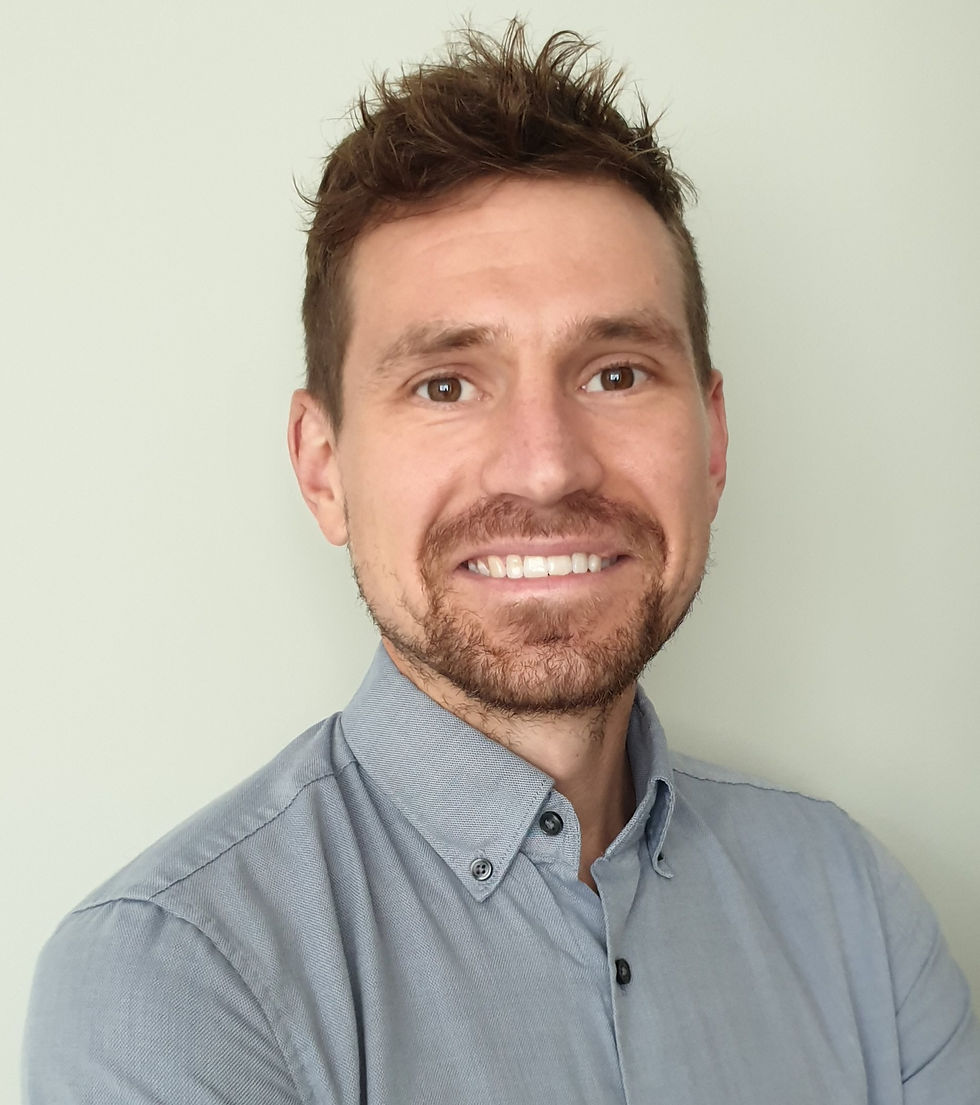- GMHP
- Jan 26, 2021
- 4 min read
This January not only signified the start of a new year, but also the conclusion of the GM Homes programme.

Earlier this month we held a virtual celebration event with all our partners. We were joined by over 60 people from our commissioners (GMCA) investors (One Manchester, Trafford Housing Trust & Bridges Outcomes Partnership), our delivery partners (Shelter, Great Places & The Brick) and 19 housing partners. It was amazing to get together with so many people who have worked hard to support so many people across Greater Manchester.
We were joined by Andy Burnham, Mayor of Greater Manchester, whose initial commitment to tackle rough sleeping and homelessness in the region led to the programme being commissioned.
Andy praised the programme’s ethos of “not setting people up to fail and giving them time and space to recover” and how important it is to give people a “foundation, a permanence and personal attention”. It was amazing to hear how “SIB has changed the national debate about homelessness” and has “come forward as a substantial response” to tackling the issue with a real” we can do this” approach.
The event gave us a chance to look back at some of the highlights over the last three years, share what we’ve achieved and learnt, as well as discuss what the future holds. It also gave us a great opportunity to say a massive thank you to everyone who has contributed to the programme. We heard from staff and participants from across the partnership who shared their experiences.
Over the course of the last three years we have supported 356 people into accommodation, and 79% are still in accommodation today. We’ve helped 133 people access mental health support and 97 people received support for drug and/or alcohol use. 45 people started work as well as 40 people starting training or education.
It was amazing to look back at what people have achieved with our support. The personalised, asset-based approach of delivery partners and housing providers has enabled participants to build and sustain these outcomes long term. We ensured that every participant had an individual ‘exit plan’, giving delivery partners time to ensure ongoing support was in place where needed, and we worked closely with housing providers and all 10 Local Authorities to minimise the risk of anyone returning to rough sleeping in the future.
One of the key aspects of the programme, established at the very beginning, was the flexibility of service design and delivery, allowing us to learn from our experiences, and adapt what we were doing to ensure the best support possible was being provided. The event gave us a chance to look back at what we have learnt, and what made the programme as successful as it was:
- Strong partnership and collaboration – all partners have been fully invested in the programme, often working collaboratively to ensure effective support was always available.
- Importance of staff – everyone working within the partnership has made it what it was. Dedication and openness to adopt new ways of working was essential. Lived experience and Peer Mentorship was something participants found particularly beneficial as they felt they were supported by people who could relate to their situation.
- Housing – adaptations to allocations and tenancy management policies helped ensure we could accommodate so many participants, allowing them to feel settled and supported rather than threatened. Only 1% of tenants were evicted and 10% were supported with managed moves to support them long term, with 100% success rates. This hasn’t always been easy and housing providers have had to hold their nerve but working closely with delivery partners and the participants has enabled some amazing results. People who have previously been written off are now in secure accommodation.
- Personalised support / asset-based approach – working with individuals on their strengths and aspirations, at their pace was essential. Once on the programme, they were never ‘closed’, and the support was always there for them.
- Personalisation fund – allowed delivery partners to support individuals by buying furniture to help make a home, essentials like food and utilities, as well as gym & fishing equipment, art supplies, bikes to help people rediscover hobbies.
- Employment/training – this was challenging due to time restraints on the programme and access to opportunities during Covid-19 pandemic, however we’ve worked closely with The Growth Company and housing provider services to ensure everyone has access to opportunities if/when they decided they are ready.
Nic Kershaw (CEO, One Manchester) and Larry Gold (CEO, Trafford Housing Trust), on behalf of the board, thanked everyone for their work and dedication, acknowledging that with a strong partnership we’ve been able to make a massive difference, being brave and learning from things we’ve got wrong. It’s allowed us to learn and reflect on so much, helping people with long term sustainment, not just a short-term fix.
The event was a great chance to wrap things up and start the conversation about what we’ve learnt and intend to do moving into 2021. Although the programme itself has come to a close, the GM Homes legacy will continue, and we aim to share our learning across Greater Manchester and the country, to help shape policy and strategy and help support as many more people as possible. We are planning to hold future learning events and workshops, so watch this space!
We’d like to say a massive thank you to everyone who has worked on the programme or supported us along the way, we could not made such an impact without the people at the heart of the partnership, who truly want to help people and make a difference. Thank you.








